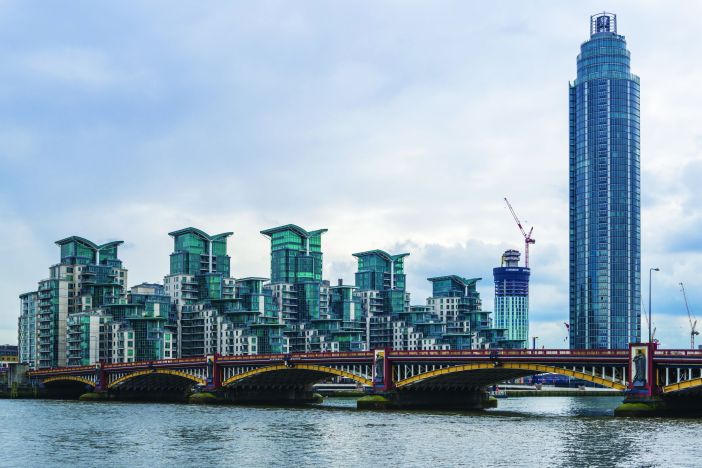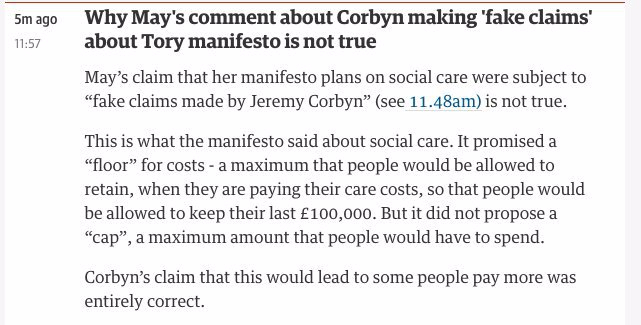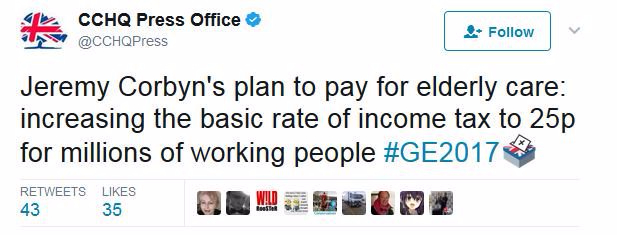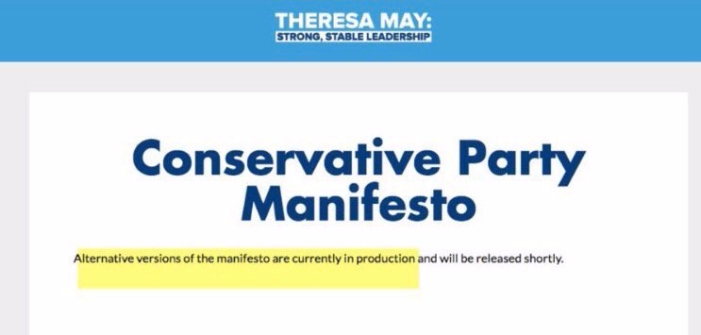In Wednesday’s budget Philip Hammond announced a number of headline policies which aim to tackle the long-neglected housing crisis in the UK. The country faces acute shortages and a concomitant price bubble in the housing market. This article will look at how we ended up in this mess.
As with any such question, there are a myriad of interlocking social, economic and political factors at play. Therefore, the analysis cannot be exhaustive, but I will consider some of the more salient issues that arise.
As a result of the post-World War Two political settlement, a substantial programme of government housebuilding was undertaken. Inner-city slums were bulldozed and new social housing constructed in their place. Construction reached its height under Harold Wilson’s Labour government in the late-1960s, with local authority-built council houses accounting for up to half of the new homes constructed.
However, Margaret Thatcher’s election in 1979 and the social and economic changes that her Conservative government instituted in the 1980s marked a dramatic break with the policies of the preceding decades. Most pertinently, in 1980, the Right to Buy scheme was enshrined in law. Government owned housing stock, which had provided secure and affordable accommodation to those most in need, was sold off in large amounts. The result was a huge transfer of wealth from the state to private individuals.
To compound the issue this stock was not adequately replaced. As in many other areas, Thatcher placed faith in the private sector to build the homes the nation needed but, as is clear from the statistics, this faith was misplaced.
New council houses became a thing of the past as the ability of local authorities to build was constrained. The private sector had no incentive to make up the difference and keep prices stable. Therefore, affordable housing became increasingly scarce; in 2016, newly-completed affordable homes reached a 24-year low.

This decades-long failure to build the 300,000 new homes per year that are needed to keep up with demand, combined with the selling-off of government-owned housing stock, greatly contributed to the lack of supply that we see today and has been one of the long-term causes of the steep inflation in the cost of homes that is now pricing first-time buyers out of the market.
It is not just the very youngest who are affected, home ownership across the board is at its lowest level in 30 years. Every age group below the retirement age has seen a decline in levels of home ownership over the past 25 years.
As the value of their houses soared, the generation for whom home ownership became the norm made money in their sleep. To compound the problem, these homeowners are now contributing to the increase in buy-to-let transactions as they spend their accumulated wealth on second houses to rent out. This creates further demand for residential property and partially explains the increasing prevalence of people living in the insecurity of privately rented accommodation; nearly half of those aged 25-34 are renting privately.
Unlike in other nations, where there is often regulation such as rent caps, the private rented sector in this country is relatively unregulated. This has compounded the misery of the current generation who are not only unable to buy a house, but are now struggling to pay the rent. Millennials now spend over a third of their income on rent, compared with the 5-10% of income spent by their grandparents’ generation.
Understanding the reshaping of the global economy which occurred in the 1980s also provides further insight into why property prices in this country, especially in London and the South-East, have risen so precipitously in the past few decades. The increased levels of inequality and greater concentration of wealth towards the top portion of society has produced a mass of savings accrued by a small percentage of the global population. Much of this idle cash has been spent on fixed assets like desirable London property, further contributing to the housing bubble.
This type of demand also means we see more and more of the unaffordable high-end new-builds that are coming to dominate Central London and its skyline, often acting only as part-time homes for their wealthy owners. These apartments and penthouses encased in soullessly imposing glass and steel structures change the city’s character, kill off communities and squeeze those who can’t afford them out of the city.

It is no surprise that of the top 50 homeless ‘hotspots’ in Britain, London accounted for 18 of them. As ever, there is no attention paid to generating positive social outcomes when government abandons its responsibilities to the private sector.
If the creeping inevitability of gentrification is allowed to continue, the vibrancy and culture that is brought to London by its mix of inhabitants, thus making it such a desirable place to live, will be slowly eroded. The end result in this scenario will be the death of the very things that gave those properties their value in the first place.
Ultimately, it has been the failures of successive governments to build enough homes over the past 30 years that has caused today’s housing crisis. Reliance on private housebuilders has failed to produce adequate numbers of affordable housing. Right to Buy helped to transfer wealth to one generation at the expense of the next. Under-regulation of the private rented sector causes further misery for those unable to join the housing ladder. And, in London, the city has become littered with generic glass towers; gleaming symbols of the perverse outcomes that deregulated capitalism generates.






